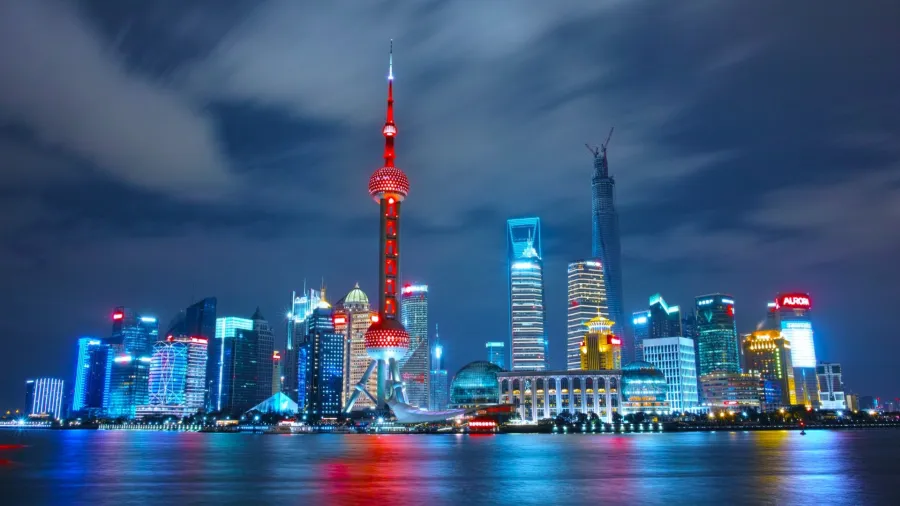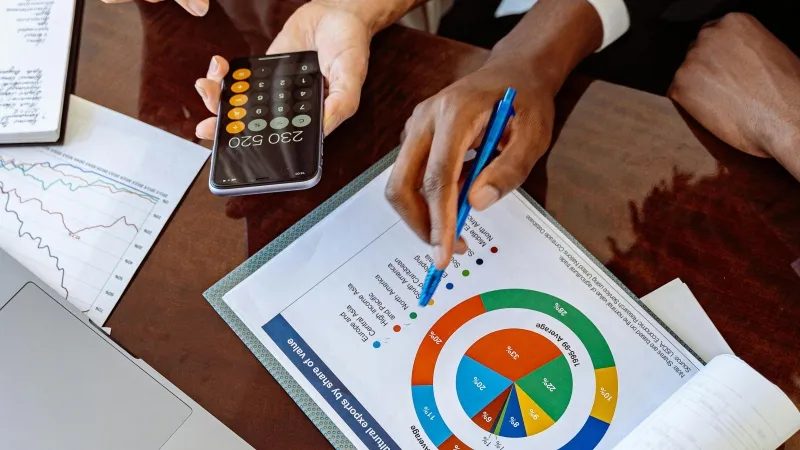
9 in 10 of APAC corporates have more liquidity now than pre-pandemic: survey
Corporate cash balances in APAC now top $4t, the most on record.
Over 90% of companies in the Asia Pacific now hold more money compared to before the pandemic, according to a survey by Citi of 260 of their corporate bank clients between July and August.
Many of these clients are now actively evaluating their options to deploy this excess liquidity, the bank said.
According to the MSCI AC World Index, the corporate cash balances of APAC now top US$4t, the most on record according to public data.
Amongst sectors, the growth in cash balances is particularly pronounced in the Industrials, Tech and Hardware sectors in the region, the index said.
Many regional corporations have raised cost-effective financing in the last 24 months to support and strengthen their balance sheets, according to Citi.
“As the recovery in global economic growth progresses, companies in the region are projected to generate close to US$4.5t in the next two years based on consensus estimates and industry data,” the bank noted in a press announcement.
In their responses to where this investment would flow, almost three-quarters of the 260 corporate clients surveyed named investment growth as their highest priority, with nearly half focused on de-leveraging.
Investment related to ESG continues to show an upward trend at one third with one quarter returning cashback for shareholder redistribution, the bank noted in its survey.
“Most surveyed firms see ESG as an increasing focus area for their growth strategy. About half of surveyed firms even prioritize ESG investment over increasing shareholder distributions,” Citi said, adding that those who made a net-zero pledge have experienced more share price appreciation and market receptivity to their ESG strategy.
For their part, Citi’s head of Asia Pacific corporate banking Kaleem Rizvi said that they will work together with their clients to help build their investments whilst committing to a greener future.
“The scope of our sustainable effort is growing continuously and covers all client segments—from investors repositioning their portfolios toward greener industries, to corporates realigning their business models through acquisitions and divestitures. Our institutional commitment to building greener future cuts across all these activities,” Rizvi said.


















 Advertise
Advertise









